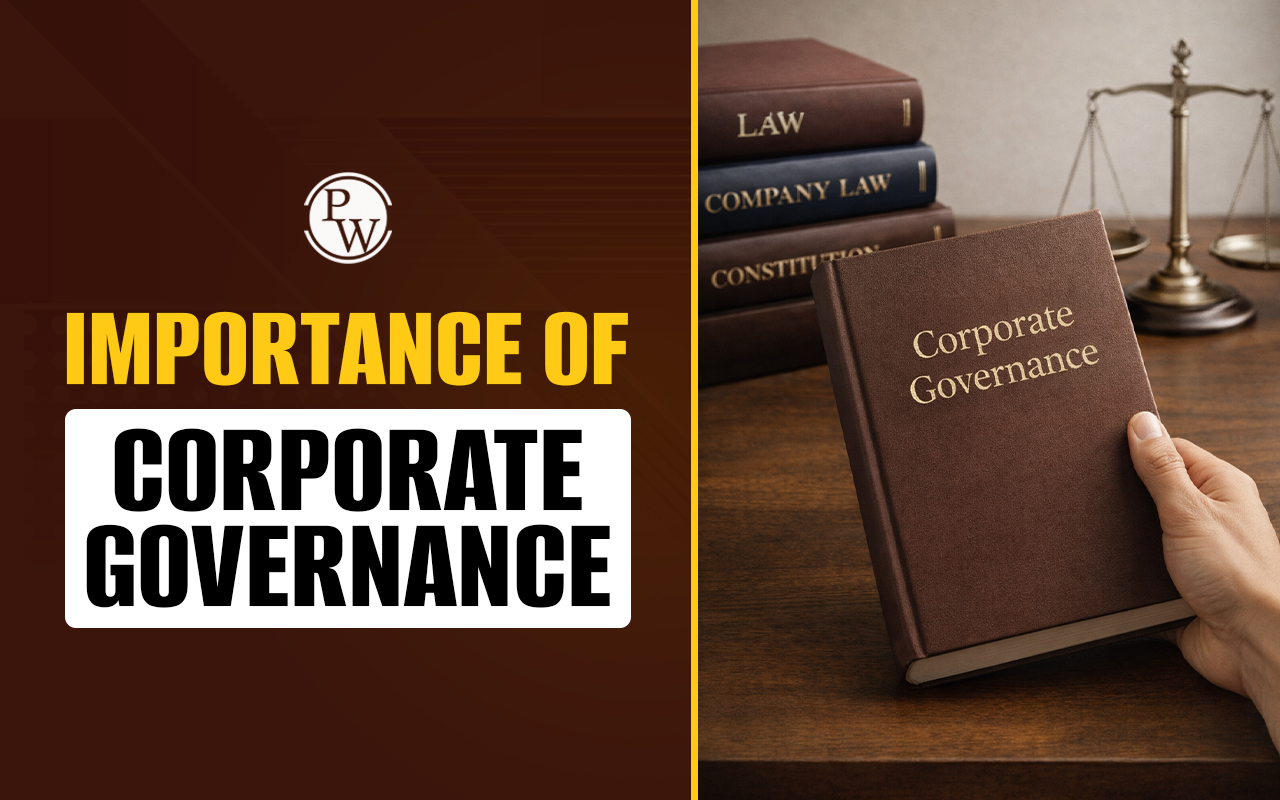
Advantages and Disadvantages of Alternative Dispute Resolution: Alternative Dispute Resolution (ADR) is an effective method for resolving disputes outside the courtroom. ADR provides an opportunity to address the conflict in a collaborative manner. ADR helps reduce the emotional stress and tension associated with formal legal proceedings.
You should understand both the Advantages and Disadvantages of Alternative Dispute Resolution to choose accordingly. It helps businesses to make a decision about whether it is the right approach for their specific disputes.
Alternative Dispute Resolution Overview
Alternative Dispute Resolution (ADR) helps parties resolve issues outside the courtroom. Below is an overview of ADR Methods:
-
Through negotiation, ADR sets direct discussions between the parties to reach a mutual agreement.
-
In Mediation, a neutral third party facilitates communication to find a resolution.
-
In Arbitration, a person hears both the sides and makes a binding decision.
-
Conciliation is similar to mediation, but in this, the conciliator proposes a solution.
Advantages of ADR
ADR provides benefits compared to traditional litigation. Advantages of ADR are given here:
-
ADR processes are cost effective due to reduced legal fees and administrative expenses. Mediation and negotiation are economical.
-
ADR methods resolve disputes in weeks. This allows parties to move forward quickly.
-
ADR proceedings are private. They keep sensitive information out of the public domain. This is important for businesses and individuals who want to protect reputations and trade secrets.
-
Parties can choose their mediator or arbitrator, set schedules, and even tailor procedures to discuss the dispute.
-
ADR encourages collaboration rather than confrontation. They help in maintaining professional and personal relationships.
-
ADR methods such as mediation, have high settlement rates due to their cooperative nature and focus on mutual agreement.
Disadvantages of ADR
As ADR has several advantages, it also has some disadvantages as well. Disadvantages of ADR are given below:
-
ADR decisions do not establish legal precedents. This limits their influence on future cases.
-
Some ADR outcomes, like those from mediation, may not be enforceable in court without additional agreements.
-
Parties with greater resources or experience may dominate the ADR process. This may lead to unfair results.
-
If parties fail to reach an agreement, litigation may still be necessary. This may result in additional time and costs.
-
Without legal counsel, parties may not fully understand their rights or options.
-
Criminal cases, complex legal issues, or matters requiring immediate court orders may not be appropriate for ADR.



